Sport
Why the orchids of RWC 2011 reek of onions – An overview
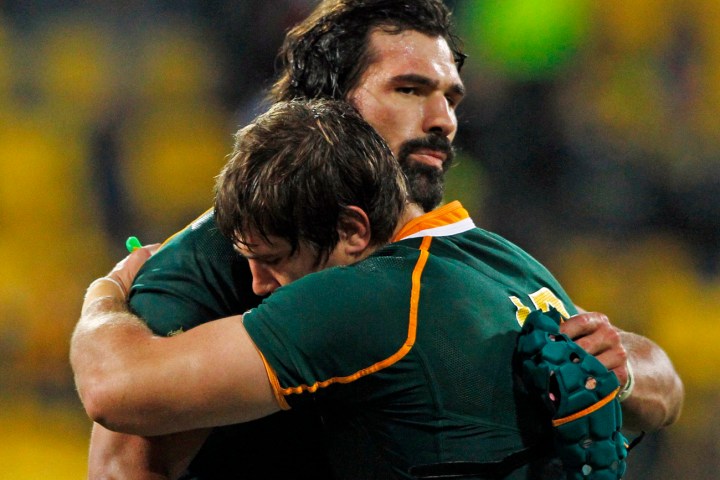
With the seventh edition of the Rugby World Cup now done and dusted, the new champions crowned in front of a packed Eden Park, STYLI CHARALAMBOUS takes look a back at the highs, the lows and the mixed bag of what was RWC 2011.
THE HIGHS
People & country of New Zealand
When New Zealand was awarded the rights to host their second Rugby World Cup – on their own – back in 2005, sceptics questioned how the island nation of 4 million people would cope with the modern requirements of hosting the third-largest sporting tournament in the world. Accommodation shortfalls, smaller-capacity stadiums and a location at the far end of the Earth were just some of the concerns raised by rugby tourists.
And when disaster in the form of a devastating earthquake hit the host city of Christchurch, rendering the stadium unusable, just months before the first kick of the first rugby ball, further doubt settled in.
Bar some logistical failings on the opening night of the tournament, New Zealand and its people can pat themselves on the back for a tournament that had every visitor heading back home with a satisfied smile and a list of new Facebook friends. There is something quite special about a sporting tournament consuming a small nation in the way this tournament has. With more than enough extra-rugby activities on offer and a watering hole never far from sight, the country also entertained outside of the stadiums.
Spurred on by the performance of the home team, there wasn’t an alcove of the country that wasn’t enveloped by the spectacle and welcoming of any guest, regardless of their rugby allegiance. New Zealand, take a bow.
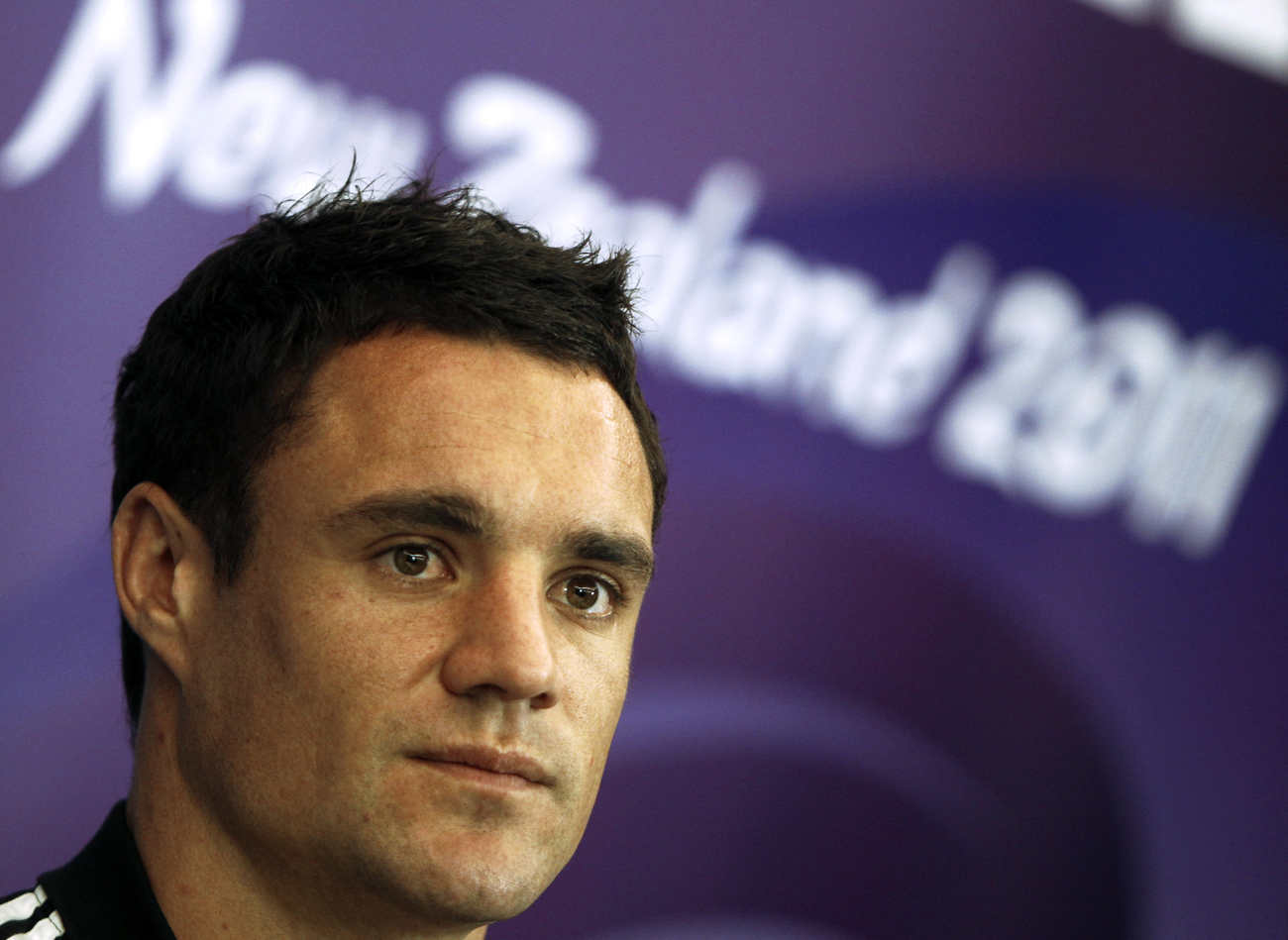
Photo: New Zealand All Blacks’ Dan Carter listens to questions during a news conference in Auckland October 3, 2011. New Zealand flyhalf Carter has been ruled out of the World Cup after tearing a muscle in his groin at training sparking despair among the home fans at such a big loss. Reuters.
Minnows shed the minnows’ tag
In World Cups gone past, each pool would have at least one or two matches where the final result mimicked that of a cricket score. Fans questioned whether the tournament could accommodate 20 teams of a high-enough standard, in a sport traditionally dominated by just six teams, and a tournament that has only ever seen four nations hold the trophy aloft.
But the smaller rugby unions made a mockery of insinuations that they were there to make up the numbers. Teams such as Georgia, Romania, USA and Russia all ran bigger unions close and put in competitive performances, despite the unfavourable schedules enforced on them by the IRB. Rugby is growing and the inclusion of smaller unions in the World Cup is an imperative factor in continuing to spur popularity in what is a non-traditional sporting code in those countries.
The power of this game
Rugby is a game of brute strength and power, but it’s an emotional experience to see grown men, exponents of arguably the toughest sport, breaking down in tears in of purest passion. Rugby remains more than just a sport. In New Zealand they jokingly refer to it as a religion. This final proved why.
THE LOWS
Refereeing
It’s indicative of the abysmal standard of refereeing, that the talking point of this tournament, even in ten years’ time, will be THAT quarterfinal match. Many more matches were blighted by poor decisions by the man with the whistle and the IRB needs to take a serious look at how refs are trained and evaluated. The sport has progressed into a professional era, but refereeing has not. The outcome of a match, and potentially the tournament, was affected by a game-long farcical (lack of) enforcement of the rules of rugby that will leave a scar on this tournament and the game.
Assistant referees were just as guilty as they stood by and watched forward passes, skew lineout throws and breakdown transgressions go unpunished. If that is the extent of their input, then we might as well give schoolboys the opportunity to run around with the touchline flags.
Referees should be subject to the same consequences for on-field performances as players are. Poor performances should see referees relegated to lower ranks of officiating and even introducing half-time substitutions of refs. But in reality we wouldn’t need these measures if the IRB had its house in order.
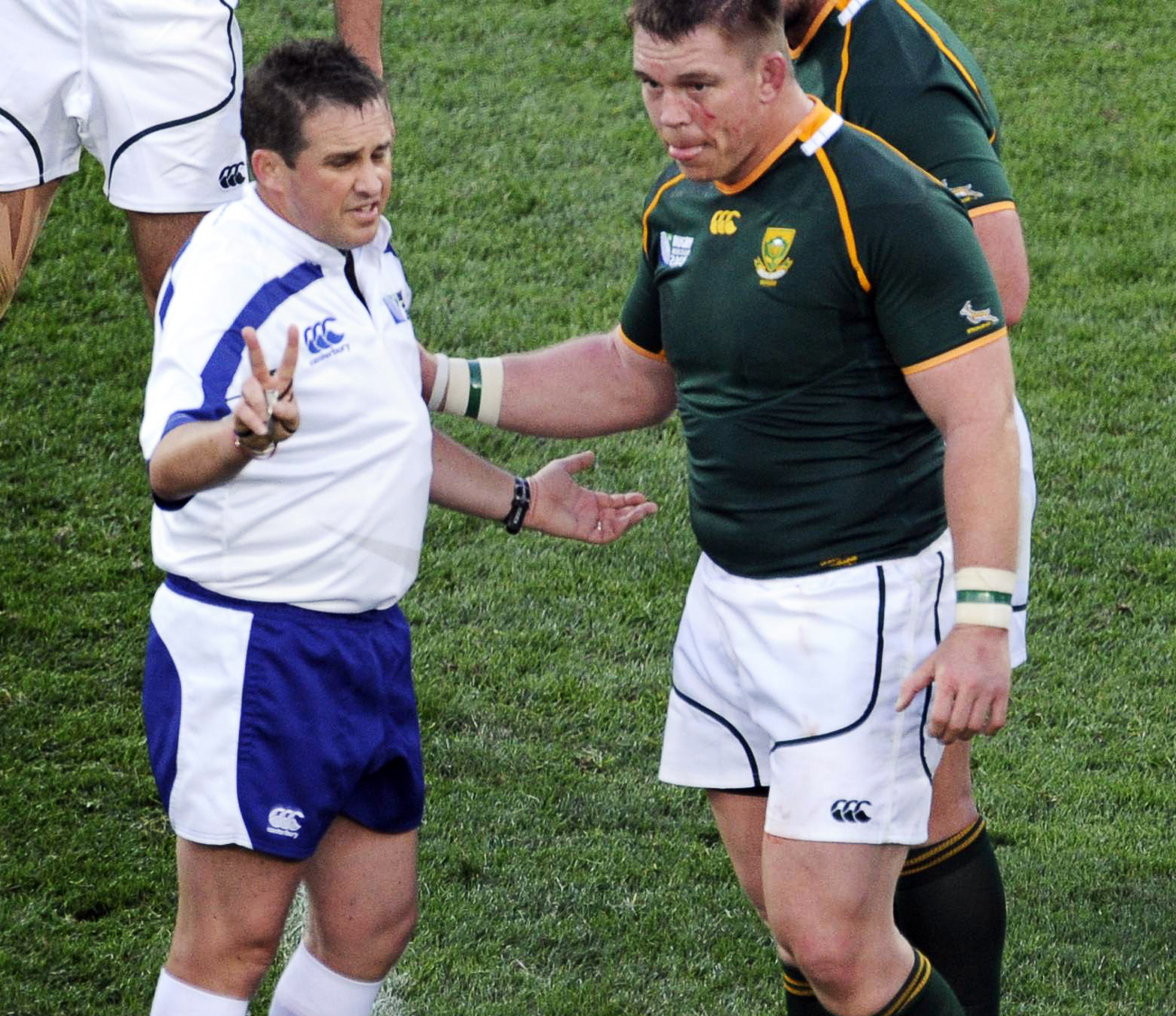
Referee Bryce Lawrence of New Zealand talks to South Africa Springboks captain John Smit during their Rugby World Cup quarter-final match against Australia Wallabies at Wellington Regional Stadium October 9, 2011. Reuters.
Not seeing the two best teams in the final (or semi-final)
See points above.
Goal kicking
Many successful goal-kickers, most notably 2003-hero Jonny Wilkinson, struggled with place kicking throughout the tournament, laying the blame for the wayward strikes squarely on the new ball that was used for the first time in this tournament. The final too, was marred by poor goal kicking as both teams missed “red zone” attempts that would normally have had scorekeepers updating the scoreboard. The final line-up and winners’ names could have been very different if a couple of missed goal kicks had been landed.
Although South African Morné Steyn didn’t seem to struggle with the issue, the very least the IRB could have done was to use the ball in international tournaments and warm-up matches immediately preceding the World Cup.
The Pool of dreadful
Whereas South Africa had to battle their way through the “Pool of Death”, against Wales, Samoa and Fiji, Pool B offered up some woefully boring and mediocre rugby. Led by Pool winners, England, who twice came from the behind in the last ten minutes to score the only try of the match, the major unions never came close to making the tournament highlights reel. Quarterfinalists England and Argentina, along with contenders Scotland looked as though they were still playing in the days of black and white television, although that would be insulting to players of previous eras.
MIXED BAG
Samoa
In running South Africa and Wales close, this Samoan team showed just far they had progressed as a rugby-playing nation, despite the prohibitive lack of a regular international rugby. If Argentina can push for inclusion in the Tri-Nations, this World Cup has shown that Samoa too deserves a place in the southern-hemisphere event.
Known as an extremely physical side, the Samoan performance against the Boks bordered on thuggery and should have resulted in sterner consequences for their transgressions. If the islanders learn to channel their energies more productively, they could become a serious force in world rugby.
Marc Lièvremont and les Blues
If the French coach ever writes a book on motivational speaking and rugby coaching, it’s highly doubtful publishers will be queuing up to translate it into English. Openly criticised by players and not shy to return the compliments himself, Lièvremont enjoyed a hate-hate relationship with his players that somehow still materialised in a third final for the French. A favourable draw that saw them dispatch a woeful English team and a moment of madness by Welsh captain Sam Warburton, both conspired to see les Blues incredulously get into the final. Mixed bag may very well just refer to the coach’s state of mind, but no-one can take away from the fact his team lost out on a winner’s medal by a solitary point.
The Boks
A team ridiculed as they scraped through their opening match, the Boks would go from strength to strength as the event progressed. Fans would come to realise just how good that opening performance was as the Welsh team gained newfound international appreciation and narrowly missed out on a place in the final. The Boks were one of only two form sides going into the quarterfinals and put on a display of rugby that utterly dominated their Australian opponents. In spite of all the possession and territorial dominance they still managed to lose to out to a team that was allowed to cheat their way to a semi-final. The Boks could have made more of their chances, and won in spite of the ref, but if that’s your opinion then why even bother having referees at all? DM

Main photo: South Africa Springboks’ Victor Matfield and Willem Alberts hug after losing their Rugby World Cup quarter-final match against Australia Wallabies at Wellington Regional Stadium October 9, 2011. Reuters.








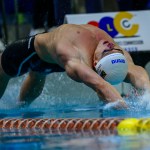
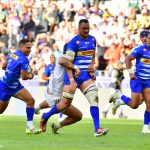








 Become an Insider
Become an Insider